Blog Posts
Latest articles and updates

Ethology for Animal Husbandry: Applying the Science of Animal Behavior to Improve Welfare and Management
Ethology, the study of animal behavior, plays a pivotal role in modern animal husbandry by providing insights into species-specific behaviors and needs. By understanding how animals interact with their environment …
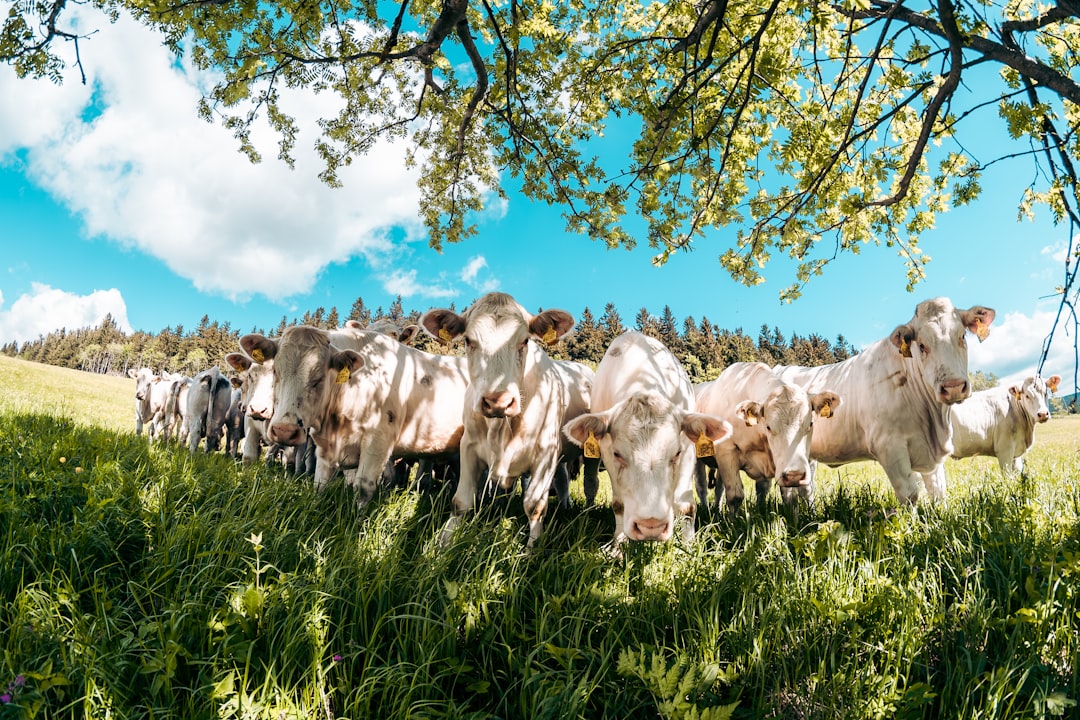
Understanding Animal Physiology: Key Biological Processes and Their Implications for Husbandry
Animal physiology forms the backbone of effective livestock management, shaping practices that optimize health, productivity, and sustainability. By unraveling the intricacies of biological processes like lactation, reproduction, and nutrient metabolism, …
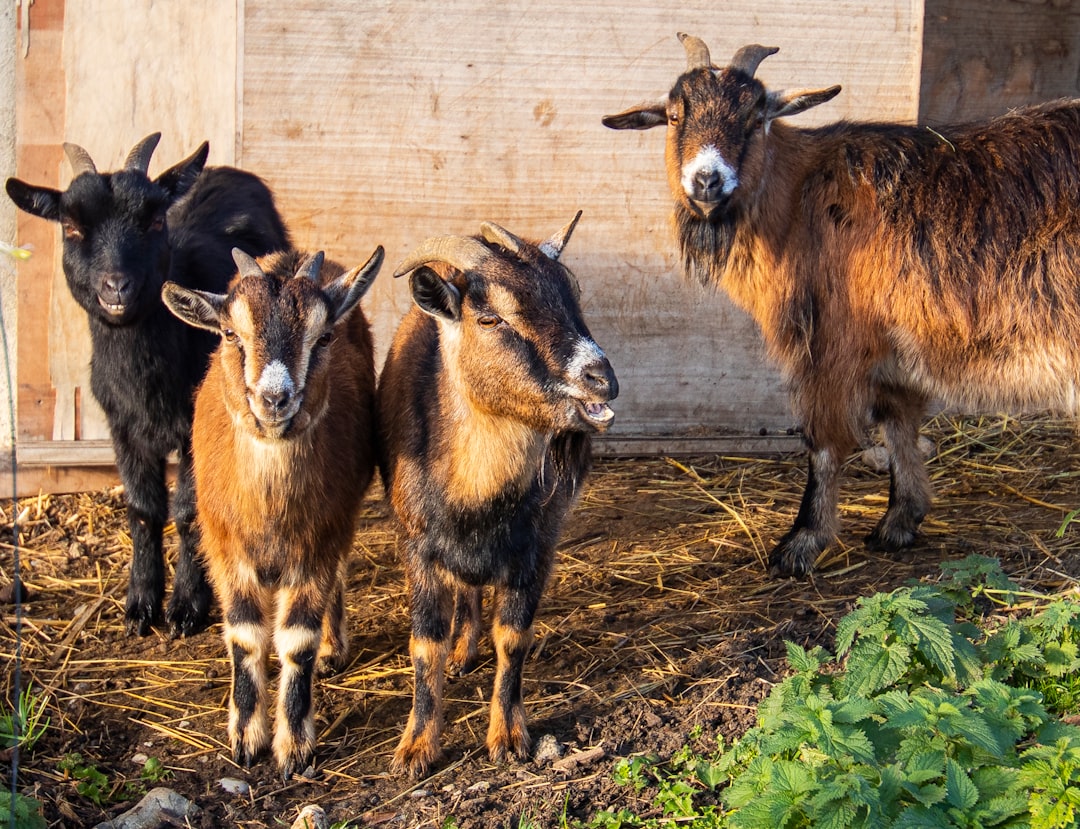
The Interplay of Genetics and Environment in Livestock Performance: Optimizing Animal Potential
Modern livestock farming faces a dual challenge: maximizing productivity while adapting to environmental pressures. Advances in genetic technologies and sustainable management practices are reshaping how farmers optimize animal potential. By …
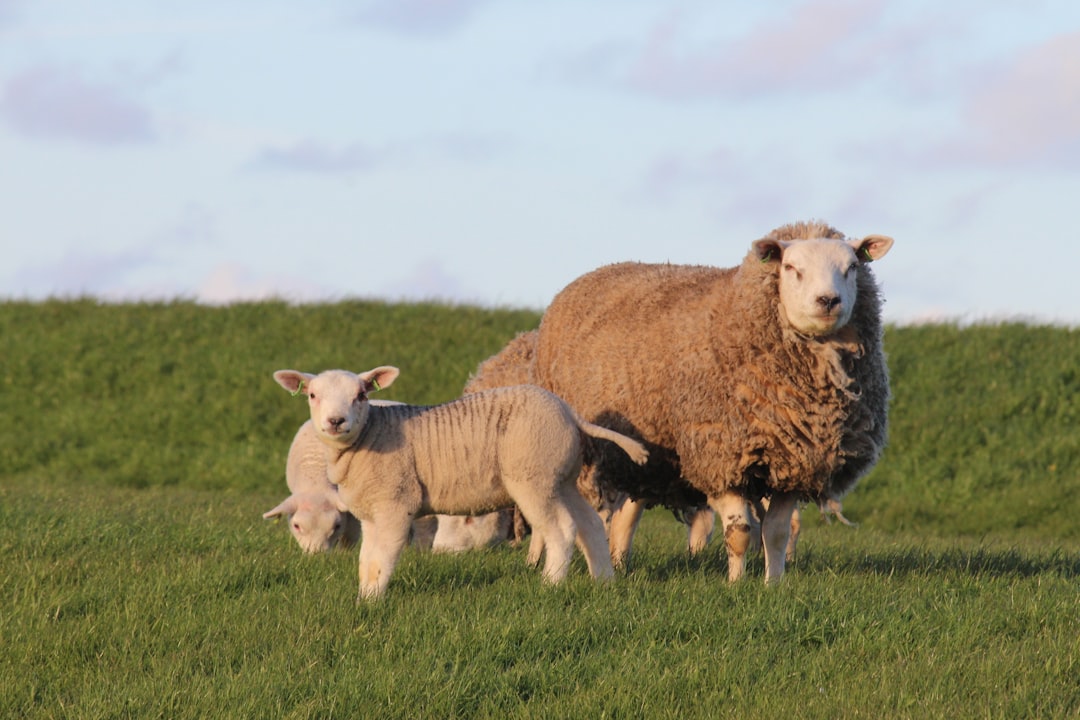
Defining Animal Husbandry in the 21st Century: Balancing Production, Welfare, and Sustainability
Animal husbandry, a cornerstone of agriculture, has evolved significantly over the centuries. From its origins in the domestication of animals around 10,000 BCE to the present day, it has played …
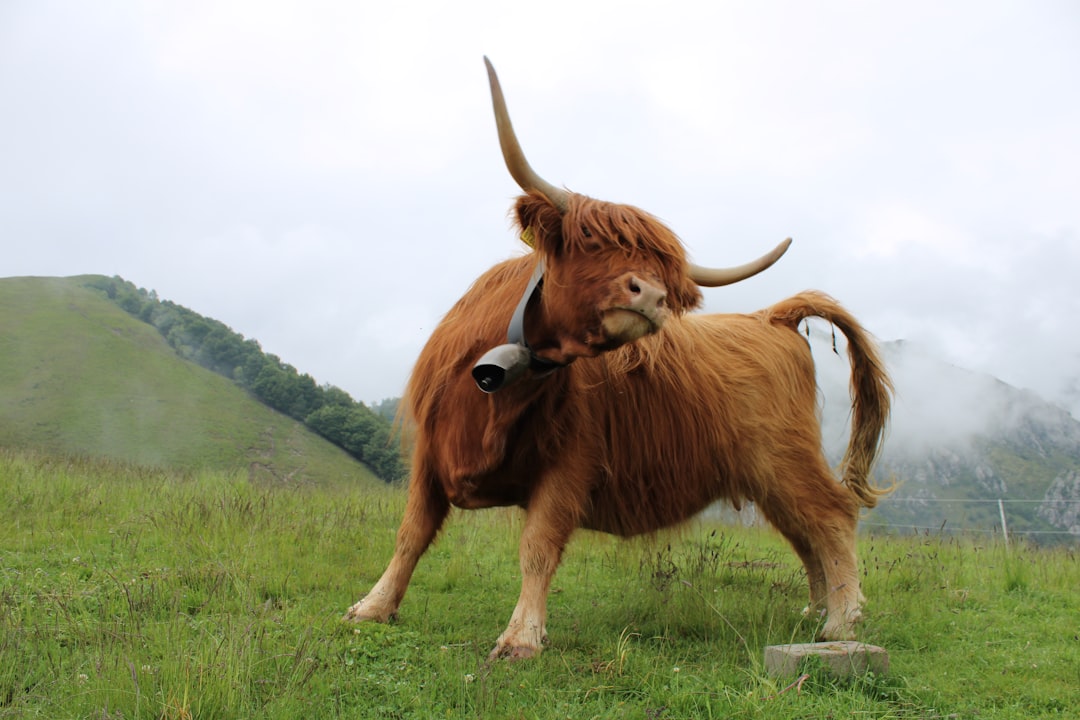
Understanding Body Condition Scoring for Assessing Livestock Health and Nutritional Status
Body condition scoring (BCS) is a valuable tool for assessing the health and nutritional status of livestock, particularly in cattle and other ruminants. This method involves evaluating the amount of …
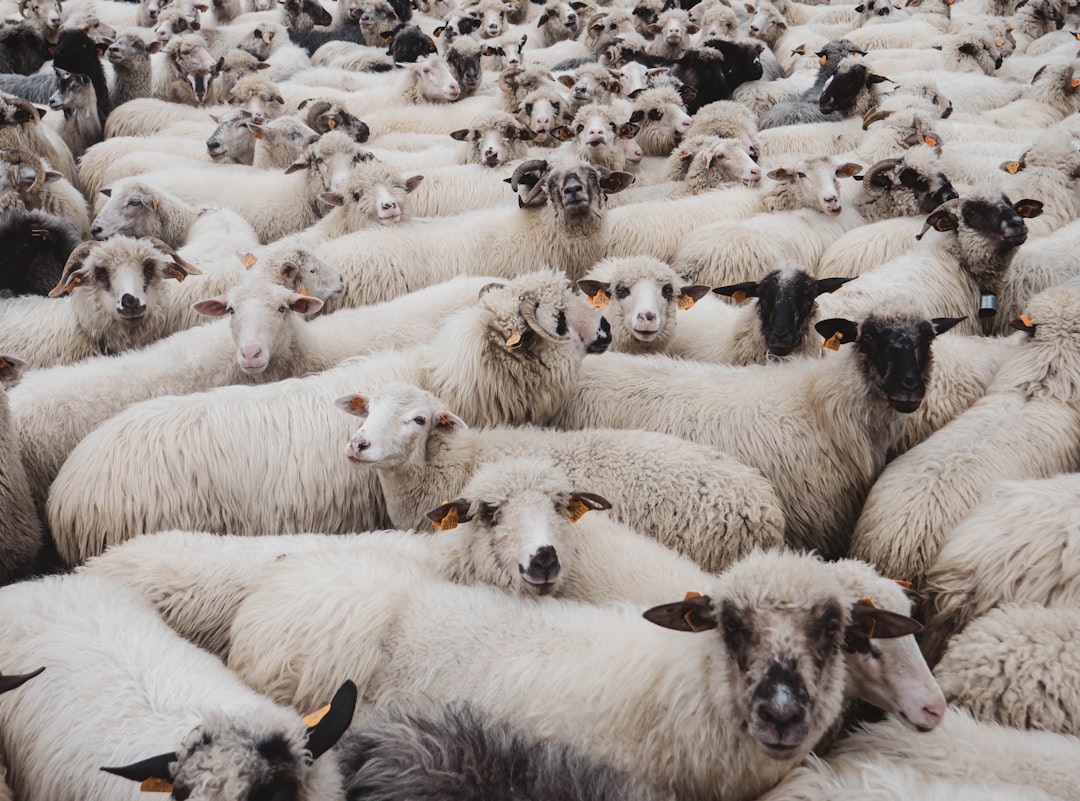
Preparing Your Livestock for Different Seasons and Weather Conditions
Preparing livestock for seasonal changes and extreme weather conditions is crucial for maintaining their health, productivity, and overall well-being. Each season presents unique challenges, from heat stress in summer to …

Building and Maintaining Fences and Infrastructure for Livestock
Building and maintaining fences and infrastructure are critical components of livestock management, ensuring the safety and well-being of both animals and handlers. A well-designed and properly maintained fencing system not …

Safe and Efficient Livestock Handling Techniques
Safe and efficient livestock handling is crucial for maintaining animal welfare, reducing stress, and ensuring the safety of handlers. Effective handling techniques not only improve productivity but also contribute to …

Effective Record-Keeping for Livestock Management: Tracking Performance and Identifying Issues
Effective record-keeping is the backbone of successful livestock management, enabling farmers to track performance, identify potential issues early, and make informed decisions to optimize their operations. In this blog post, …
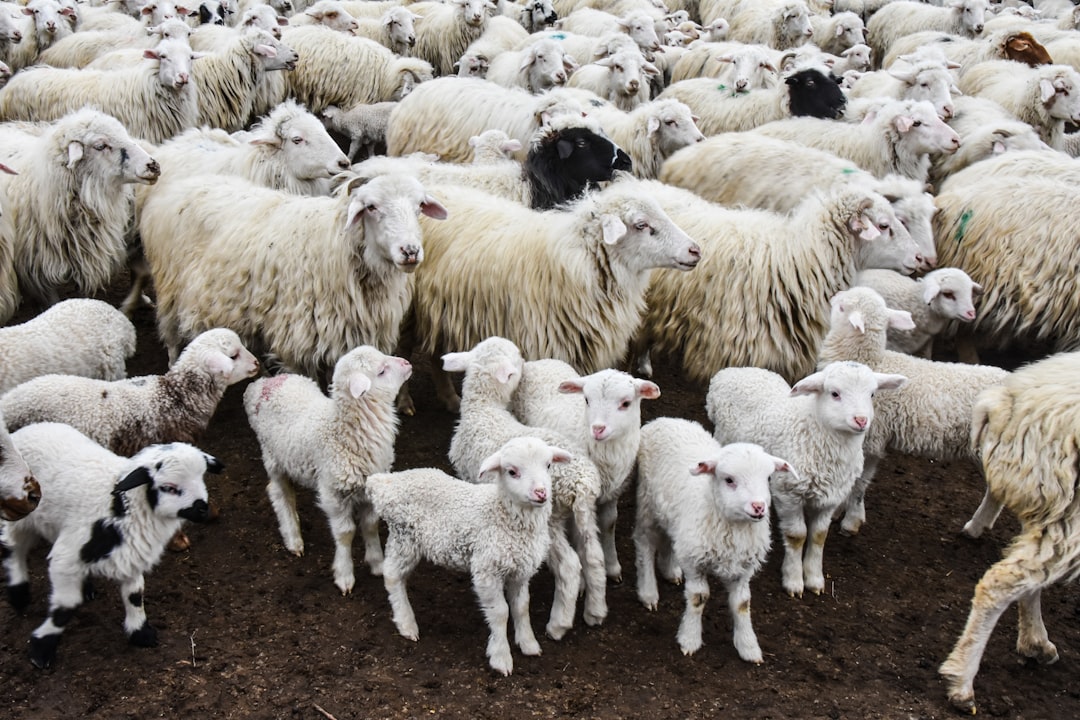
Developing a Comprehensive Herd Health Plan for Your Livestock
A comprehensive herd health plan is essential for maintaining the health and productivity of your livestock. This plan involves a holistic approach to disease prevention, early detection, and treatment, ensuring …
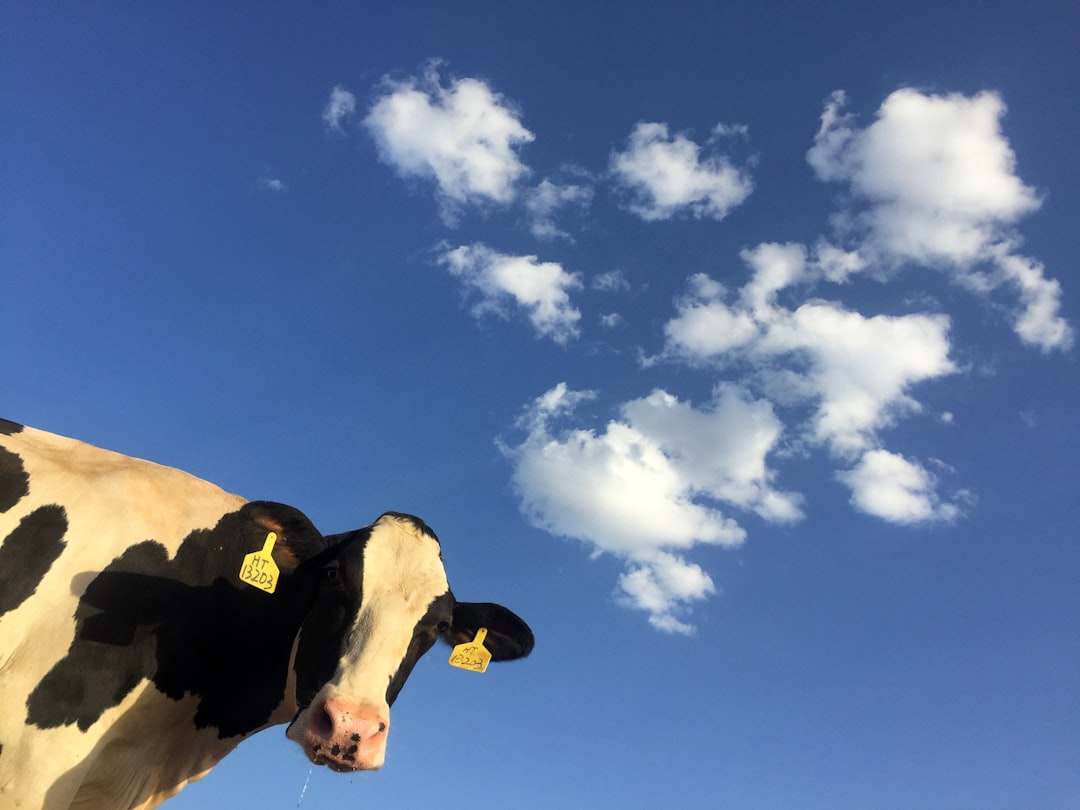
The Role of Livestock in Food Security and Poverty Alleviation in Different Regions
Livestock plays a vital role in food security and poverty alleviation across various regions, particularly in developing countries. By providing essential nutrients, income opportunities, and contributing to sustainable agricultural practices, …
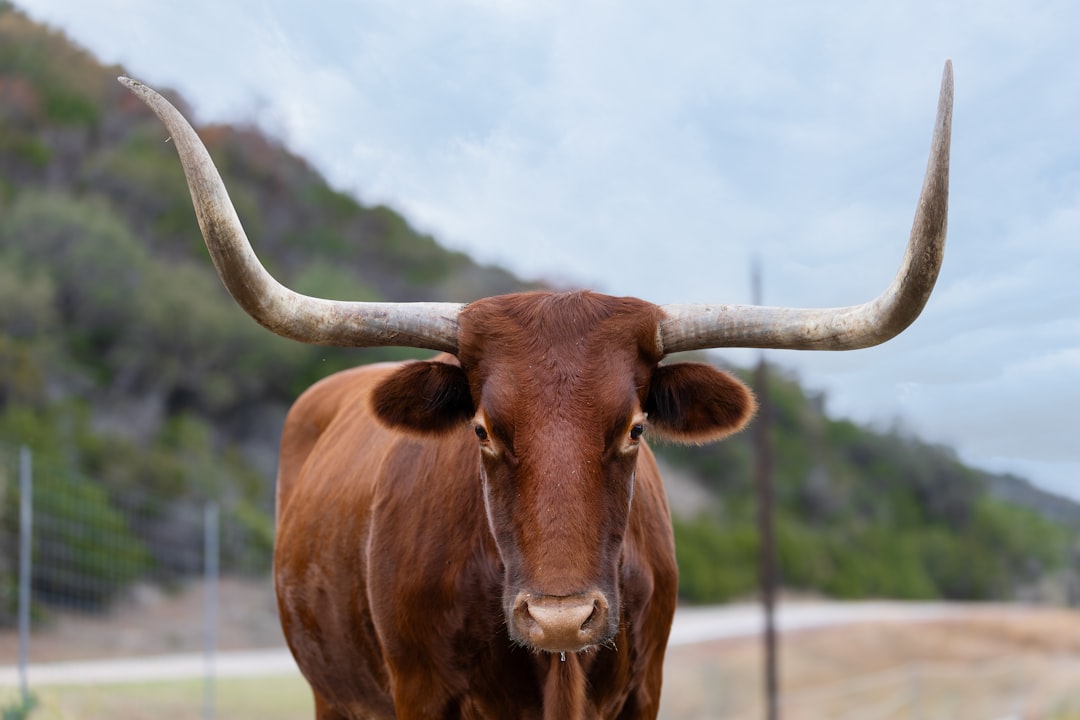
Access to Markets and Infrastructure for Livestock Farmers in Developing Countries
Access to markets and infrastructure is crucial for livestock farmers in developing countries, as it directly impacts their ability to sell products, generate income, and improve livelihoods. However, many small-scale …